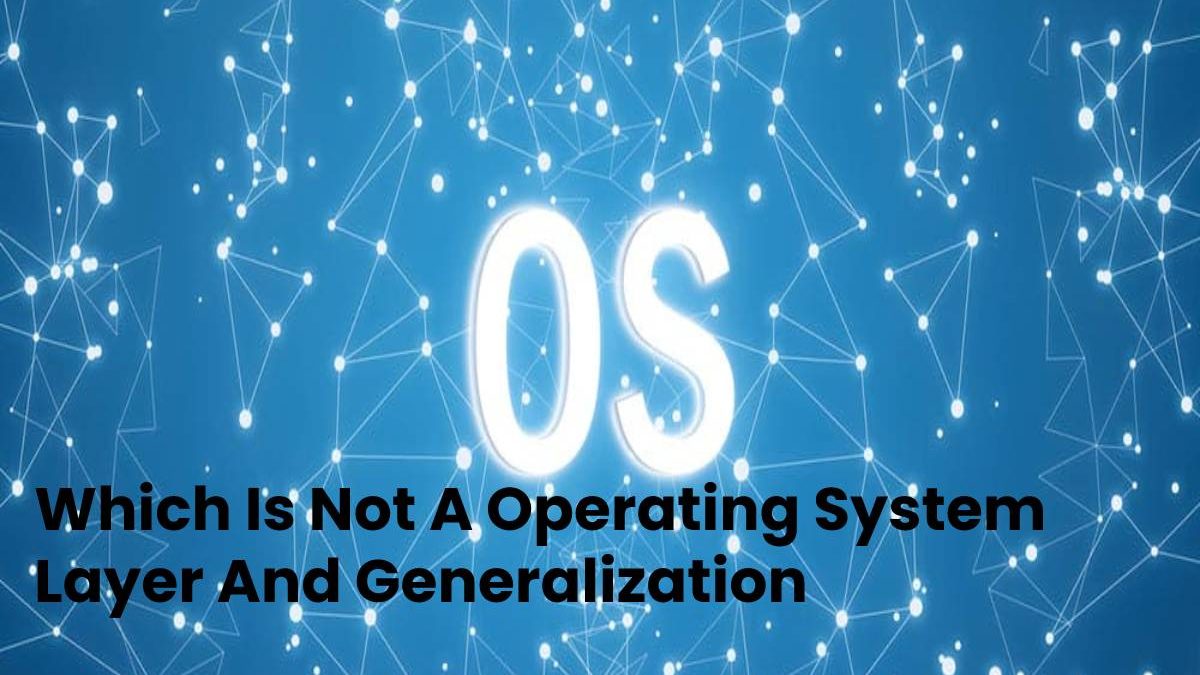Which is not an Operating system layer – of the operating system is an element of the operating system that functions as an interface between the software and the hardware of the system, providing a consistent hardware platform on which the applications run. When used, the applications do not directly access the hardware but rather the mental layer provided by the HAL? Like APIs, HALs allow applications to be hardware independent by abstracting information about such systems as caches and interrupts. They use this data to give the software a way to interact with the specific requirements of the hardware it needs to run on.
Operating systems implement a multitude of services and functions such as input and output management, program counting and control, memory management, among others, which generates a complexity that designers must hide as system operations Operational must be transparent to the user, which means hiding all the details of information and data buildings by packaging the functions in units.
Table of Contents
Which Is Not A Operating System Layer Generalization of the Approach in Five
Layer Core
Which is not an Operating system layer –Therefore, core or kernel manages all processes, and it is in charge of keeping track of all active processes and planning them; when selecting which of them will live in processor time, this layer crucial since it defines performance Proof of this is the performance obtained by Windows XP, as it was create base on a UNIX kernel that was learned from the Santa Cruz Operations company.
Layer Basic Input and Output
Which is not an Operating system layer – It provides primitive functions for the management of lesser memory. It is responsible for providing the necessary primitives for locating, writing, and reading blocks of data on the hard disk. Without giving many details, it should be note that the store information is not represented files in this layer, which an implementation of a higher layer.
Layer Memory Management
Which is not an Operating system layer –This level manages the main memory or RAM. It is in charge of assigning the memory blocks to the processes, releasing them when the processes have finished, removing some methods from memory, and storing an image of them on the disk. Hard to simulate that there is more memory than exists physically, which is a process that we call virtual memory.
Layer File system
Which is not an Operating system layer –This layer provides the necessary functions to store information in files. Layer2 primitives support it, and the conclusion of which processes make use of memory is located in this layer.
Layer Command interpreter
Which is not an Operating system layer – In this last layer, the line visible to the user is located. Either as a command line or as a Graphical User Interface. This layer translates to the set of primitives of the previous layers.
Which is not an Operating system layers Structure of Operating Systems
Which is not an Operating system layer –The internal structure of operating systems should be very different. Since the users’ goals easy to use, consistent, fast, etc. And those of the system easy to design, implement and maintain, efficient, etc.

